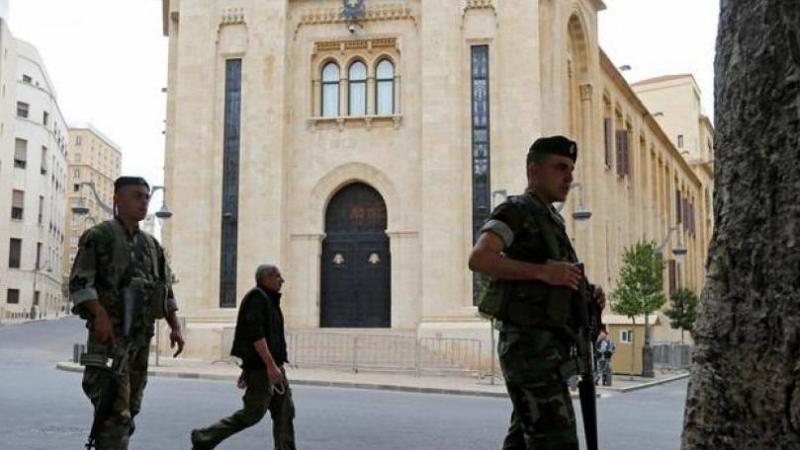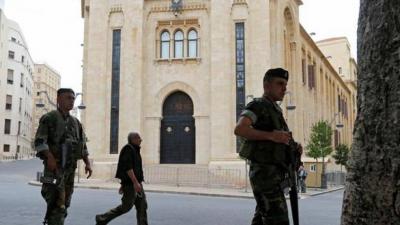The parliamentary committees held a joint session in the House of Representatives yesterday, with the capital control bill at the forefront of discussions. However, there was nothing new to report; the parliamentary blocs did not reach an agreement on the wording, and significant differences emerged regarding the approach to the issue. MP Haadi Abu al-Hassan expressed a clear stance for the Democratic Gathering on the matter, stating that the blocks and forces are discussing the draft law to comply with the demand of the International Monetary Fund, rather than out of a conviction that it should be approved. He emphasized that any discussion not taking into account the protection of depositor rights and reconsidering withdrawal ceilings remains incomplete, has no value, and is rejected by them.
The bloc's position stressed the necessity of approving the budget, which requires unifying the exchange rate and resolving the issue of what is known as the customs dollar, in addition to approving the economic recovery plan and the banking secrecy law, which is required to be signed by the President of the Republic.
MP Yassin Yassin noted that the committee session involved intense discussions regarding the mentioned law, clarifying that the proposed wording does not constitute a capital control plan, as it does not consider the opinions of depositors. He pointed out that the committee stipulated by the law excludes depositors, who are fundamentally concerned, and is limited to the authority accused of mismanaging funds.
In a conversation with "Al-Anbaa," Yassin stressed that the method of classifying funds as old and new is incorrect, as well as the way losses are calculated; it is imperative to understand how they are assessed, and thus the law is incomplete between the committee and its articles. Regarding the remarks of Deputy Speaker Elias Bou Saab on the draft law, Yassin questioned, "If Bou Saab took the opinions of experts and the law is in this form, what would it be like if he hadn't?" He dismissed the possibility of the law being passed, considering that no one would bear responsibility for it.
This legislative scene bodes poorly, particularly as Speaker of the House Nabih Berri had promised to approve all proposed reform laws required by the International Monetary Fund before the parliament transforms into an electoral body for the President. Will the upcoming sessions of the General Assembly resemble this scene?




